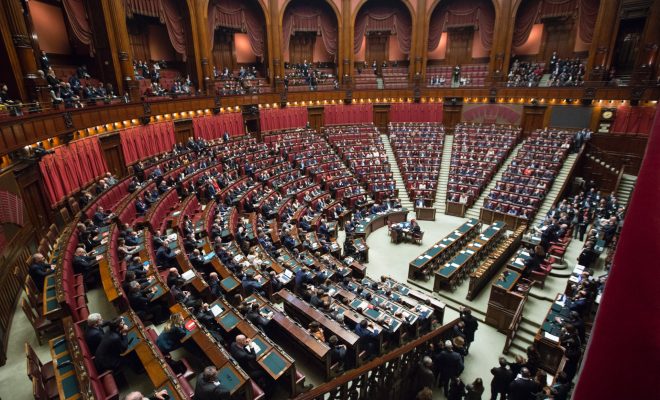For-profit colleges fund lawmakers who led attack on top universities over campus protests

A recent investigation reveals a concerning trend: for-profit colleges are funneling campaign contributions to lawmakers who have been actively targeting top universities over student protests. This tactic, critics argue, is an attempt to undermine the very institutions that pose a threat to their business model, often at the expense of academic freedom and student rights.
The investigation, conducted by [Name of organization conducting the investigation], uncovered a network of donations from for-profit college interests to politicians who have sponsored legislation aimed at curbing protests and restricting academic freedom on college campuses. These measures, critics argue, are thinly veiled attempts to stifle dissent and silence critical voices on issues such as racial justice, LGBTQ+ rights, and climate change.
For example, [Specific example of a bill or legislation]. This bill, which is currently being considered in [State name], would [Explain the effects of the bill]. Proponents of the bill have argued that it is necessary to maintain order on campus and prevent disruptions to education. However, critics see it as a clear attempt to silence student activists and intimidate faculty members who support their cause.
The for-profit college industry has long been under scrutiny for its aggressive marketing practices, high tuition fees, and poor graduation rates. Critics argue that these institutions rely on vulnerable populations and exploit government funding programs to maximize profits. Top universities, with their focus on research and academic excellence, often pose a direct threat to the for-profit model, attracting students who might otherwise choose a less expensive, albeit potentially inferior, option.
By supporting politicians who target top universities, for-profit colleges are effectively seeking to level the playing field, albeit at the expense of higher education as a whole. This tactic raises serious concerns about the role of money in politics and its impact on the future of American education.
The investigation highlights the need for greater transparency in campaign finance and stricter regulations on the influence of corporate interests in higher education. It also calls for renewed attention to the importance of academic freedom and the right to protest on college campuses, which are essential for a vibrant and democratic society.
The future of higher education hinges on ensuring that universities are free to pursue their academic missions without undue influence from powerful entities with vested interests. Failing to address this trend could lead to a future where the pursuit of knowledge is sacrificed at the altar of profit and political expediency.






